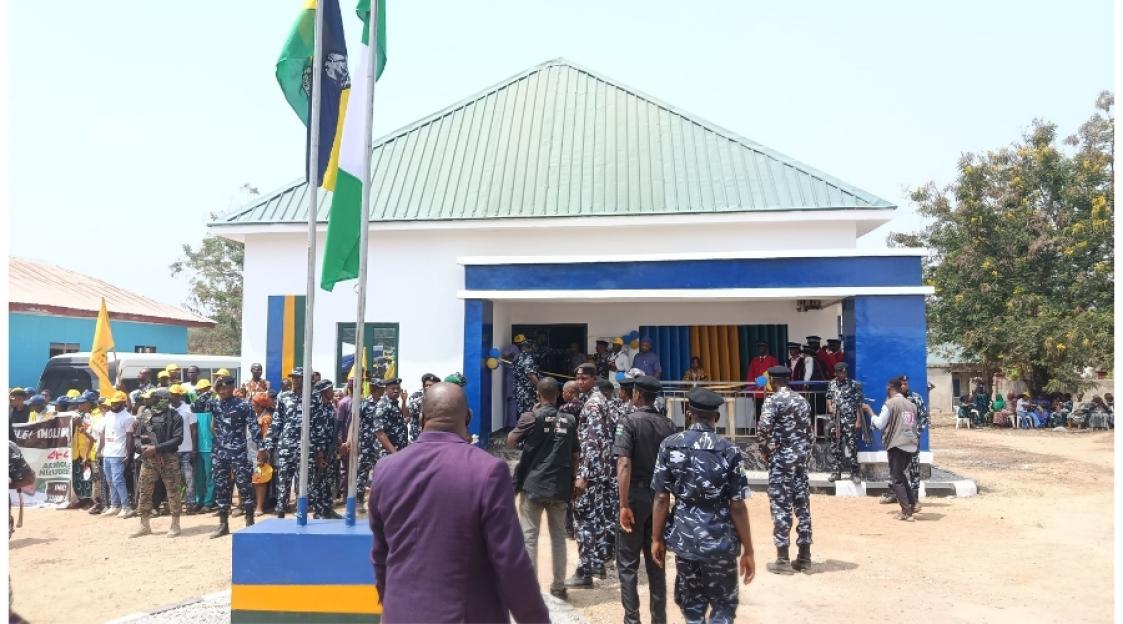The Minister of Power, Adebayo Adelabu, has thrown his weight behind renewable mini-grids through concessionary financing to adopt clean energy solutions and boost electricity supply for Nigerians.
Adelabu made the remarks on Tuesday at the 2025 Renewable Energy Conference theme, “Stronger Together: Advancing Energy Access Through Policy, Finance & Inclusion,” organised by the Renewable Energy Association of Nigeria in Abuja.
The minister, who was represented by Metu Francis, a principal electrical engineer in the Power Ministry, said the theme, “Stronger Together: Advancing Energy Access Through Policy, Finance & Inclusion,” aligns with this ministry’s agenda to propel Nigeria to clean, reliable and affordable power.
According to him, private sector participation through concessions, local manufacturing, financial institutions, and community-driven initiatives remains central to achieving the country’s energy transition goals.
The minister noted that strengthened collaboration would help scale mini-grid deployment, deepen local capacity, unlock concessionary financing, and support women, SMEs, and underserved communities to adopt clean energy solutions.
“As Nigeria accelerates the deployment of renewable energy solutions, from solar home systems and productive-use appliances to mini-grids, local manufacturing, and climate-smart technologies—collaboration becomes even more essential,” he said.
Adelabu assured stakeholders of the Ministry’s continued support through enabling policies, improved financing pathways, and sustained engagement with industry players working to expand modern electricity access.
He also acknowledged REAN’s key role in championing naira-based concessionary financing, expanding opportunities for women and small businesses, and promoting quality assurance across the renewable energy industry.
On his part, the president of REAN, Ayo Ademilua, outlined the power sector’s key achievements over the past year and called for accelerated action to close Nigeria’s energy access gaps.
Ademilua noted major progress in the establishment of solar panel assembly plants across northern and southern Nigeria.
“These facilities are already producing high-quality panels for both domestic and export markets, enhancing investor confidence,” he said.
The impact, according to him, includes increased foreign direct investment, improved foreign-exchange earnings, and a more resilient local renewable energy value chain.







